For more information:
Email UsWe all are impacted by, and reap the benefits of, medical research discoveries. From over-the-counter drugs, to healthcare policies and educational interventions, many of these advancements are a result of incredible feats, decades of work, and sometimes serendipitous events. Join us as we sit down with Harvard researchers to discuss these captivating behind-the-scenes stories of research.
September 21, 2022
Mental Health in Science and Medicine: Part 1
Our new four-part series, in partnership with the MIND Project at Harvard University, focuses on mental health in science and medicine today. In part one, guests Isabel Castanho, PhD, head of communications for the MIND Project, and Heather Burrell Ward, MD, psychiatrist at Vanderbilt University Medical Center, discuss mental health issues currently affecting physicians, graduate students, postdocs, and medical trainees.
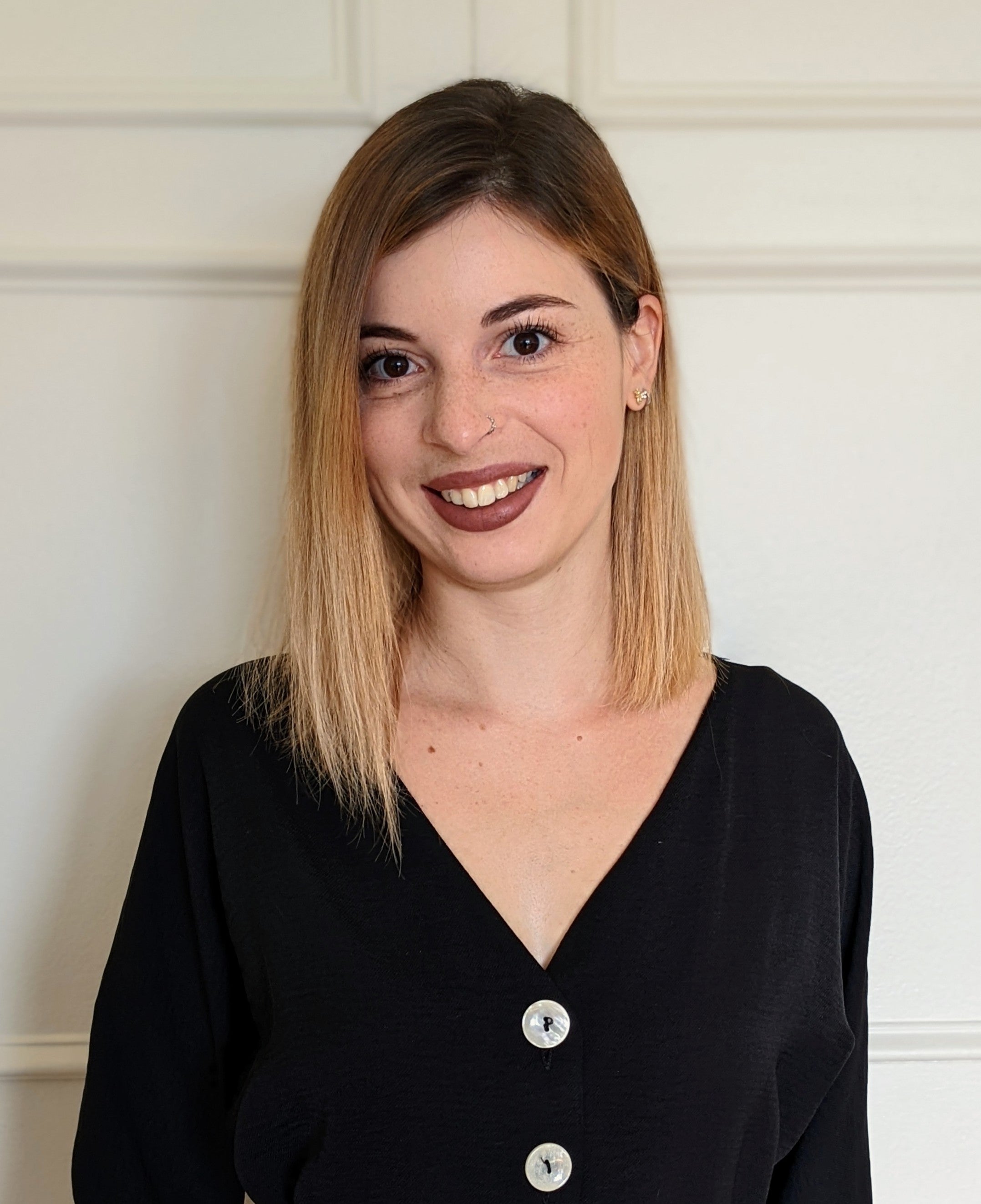
Isabel Castanho, PhD, is a neurobiologist working with Winston Hide, PhD, at Beth Israel Deaconess Medical Center, at Harvard Medical School, as a postdoctoral research fellow. She’s interested in studying the brain’s response to threats and disease, and recently left the laboratory to use bioinformatics and computational methods to continue her study. Her research interests include investigating Alzheimer’s progression and identifying protective mechanisms for this devastating disease through the study of genes and their regulation. Castanho has a growing interest in mental health and illness, and neurodiversity. She serves as head of communications at the MIND Project, where she utilizes science communication and outreach efforts to help spread awareness about the challenges caused by neuropsychiatric and neurodevelopmental disorders, with the goal of improving mental health for all.
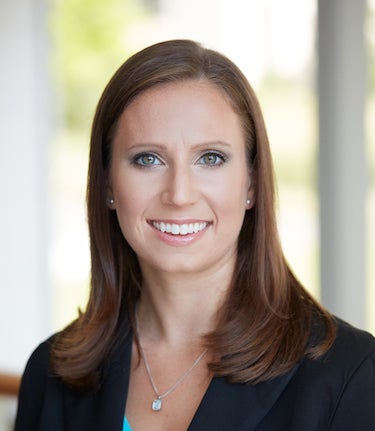
Heather Burrell Ward, MD, is a board-certified psychiatrist at Vanderbilt University Medical Center, where she specializes in interventional psychiatry, including repetitive transcranial magnetic stimulation (rTMS), and psychotic disorders. Ward uses neuromodulation (rTMS) and neuroimaging to understand and treat the brain-circuit basis of psychotic disorders. She has studied nicotine dependence in schizophrenia for the past decade, and is using individualized, network-targeted TMS interventions for nicotine dependence in schizophrenia. She is interested in developing TMS interventions for substance use, psychomotor slowing, cognitive impairment, and clinical symptoms in psychotic disorders. Ward attended Duke University School of Medicine and completed psychiatry residency training at Brigham and Women’s Hospital at Harvard Medical School in the research track. She also completed a fellowship training in behavioral neurology and neuromodulation at the Berenson-Allen Center for Noninvasive Brain Stimulation at Beth Israel Deaconess Medical Center. Ward has received numerous awards and was named a 2021 STAT News Wunderkind, which recognizes top young investigators in North America.
September 7, 2022
Neurotechnology to Treat Brain Disorders
Advances in neurotechnology are leading to new developments in brain implants which can be used to treat neurological disorders. Paul Le Floch, PhD, discusses his work as CEO and co-founder of Axoft, which is working on soft brain implants.

Paul Le Floch, PhD, is CEO and co-founder of Axoft, an early-stage company that is currently developing a novel technology of soft and scalable neural implants. The company is working to improve the overall efficacy of implantable bioelectronic devices to unlock new therapies for patients suffering from long-lasting neurological disorders. Le Floch obtained a MS in executive engineering from Mines Paris – PSL and an MS from ESPCI Paris – PSL, before joining the Harvard John A. Paulson School of Engineering and Applied Sciences, where he obtained his PhD in materials sciences and mechanical engineering.
August 24, 2022
A New Technology for Wound Healing
Is there an innovative solution to treating chronic, non-healing wounds? Wendy Slone, PhD, founder and CEO of bTECH, discusses her work developing the innovative Halcyon SMART Patch, a new approach that promotes tissue healing.
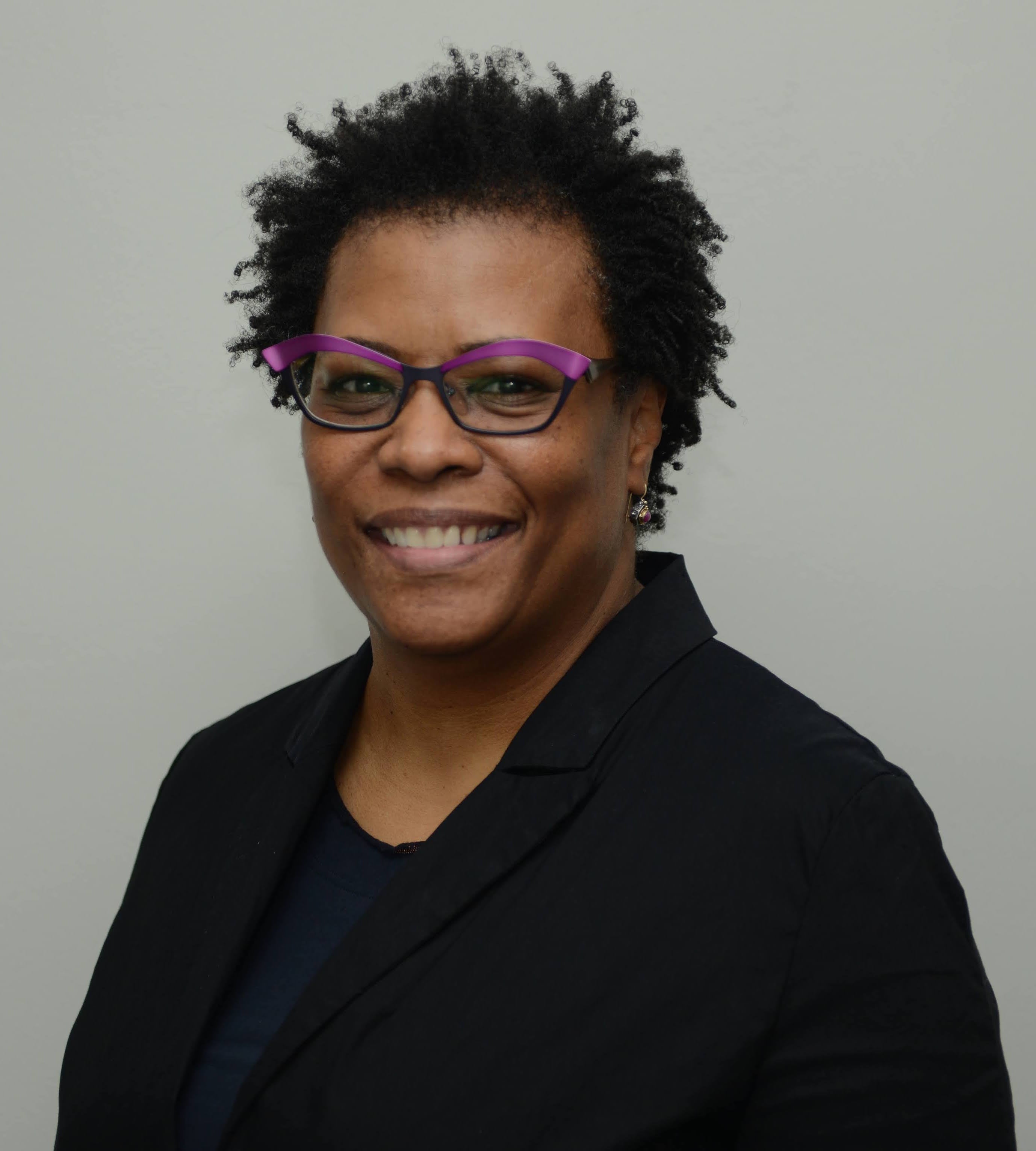
Wendy Slone, PhD, is the CEO and founder of bTECH and inventor of the Halycon SMART Patch. She has experience in nanotechnology and in developing biopolymers for biomedical applications in the treatment of chronic, non-healing wounds which can lead to diabetic foot ulcers. Under Slone’s leadership, bTECH’s accomplishments include participation in the Research, Entrepreneurship, Discovery and Innovation Zone (REDIzone) Incubator and Commercialization Program at the Northeast Ohio Medical University, gBETA MedTech for Black Founder’s Accelerator, NASA iTECH Ignite the Night Pitch Competition, the Massachusetts Medical Device Development Center (M2D2) Impact Accelerator, Harvard Catalyst TRANSCEND course, the Capital Network Female Founders Fellowship, and FedTech Fireside Chat sponsored by Johnson & Johnson Blue Knight Lab. bTech was selected as a finalist in the University of Massachusetts M2D2’s 11th Annual $200K Challenge.
August 10, 2022
Implementation Science and Community Impact
Implementation science plays a critical role in supporting communities and health equity. Gina Kruse, MD, MPH, Massachusetts General Hospital, a faculty member in our Community Engagement program and lab director of the Implementation Science Center for Cancer Control Equity at Harvard T.H. Chan School of Public Health, discusses her work in this area.
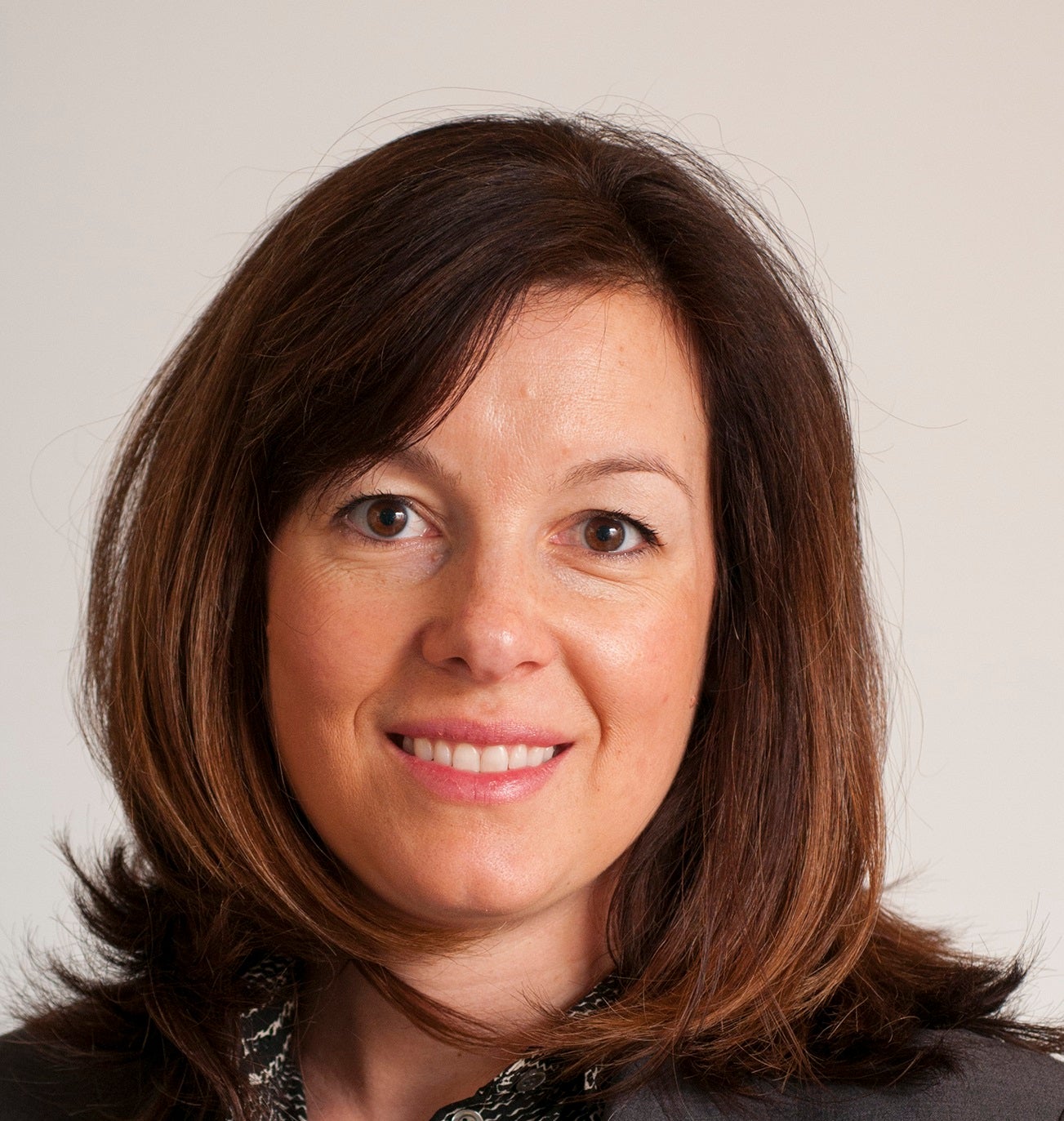
Gina Kruse, MD, MPH, assistant professor of medicine at Harvard Medical School, and a clinical investigator in the Division of Internal Medicine at Massachusetts General Hospital (MGH). Additionally, she is program faculty for the Harvard Catalyst Community Engagement Program. Kruse is a physician researcher who studies the use of technology and mobile health to improve the delivery of tobacco cessation and other preventive services among underserved communities in the U.S. and internationally. She uses observational data, randomized trials, implementation science, and mixed methods to conduct community-engaged research. For the past two years, Kruse has served as the implementation lab director of the National Cancer Institute funded Implementation Science Center for Cancer Control Equity (ISCCCE), which aims to advance equity in cancer control by developing new methods to improve the delivery of evidence-based interventions in community health centers.
July 20, 2022
A Career in MedTech
What is it like to work as an entrepreneur in medical technology? IIsa Webeck, MBA, MedTech Strategies director and founder, discusses her career in medical technology and shares her experience working as course director for the Harvard Catalyst course TRANSCEND.
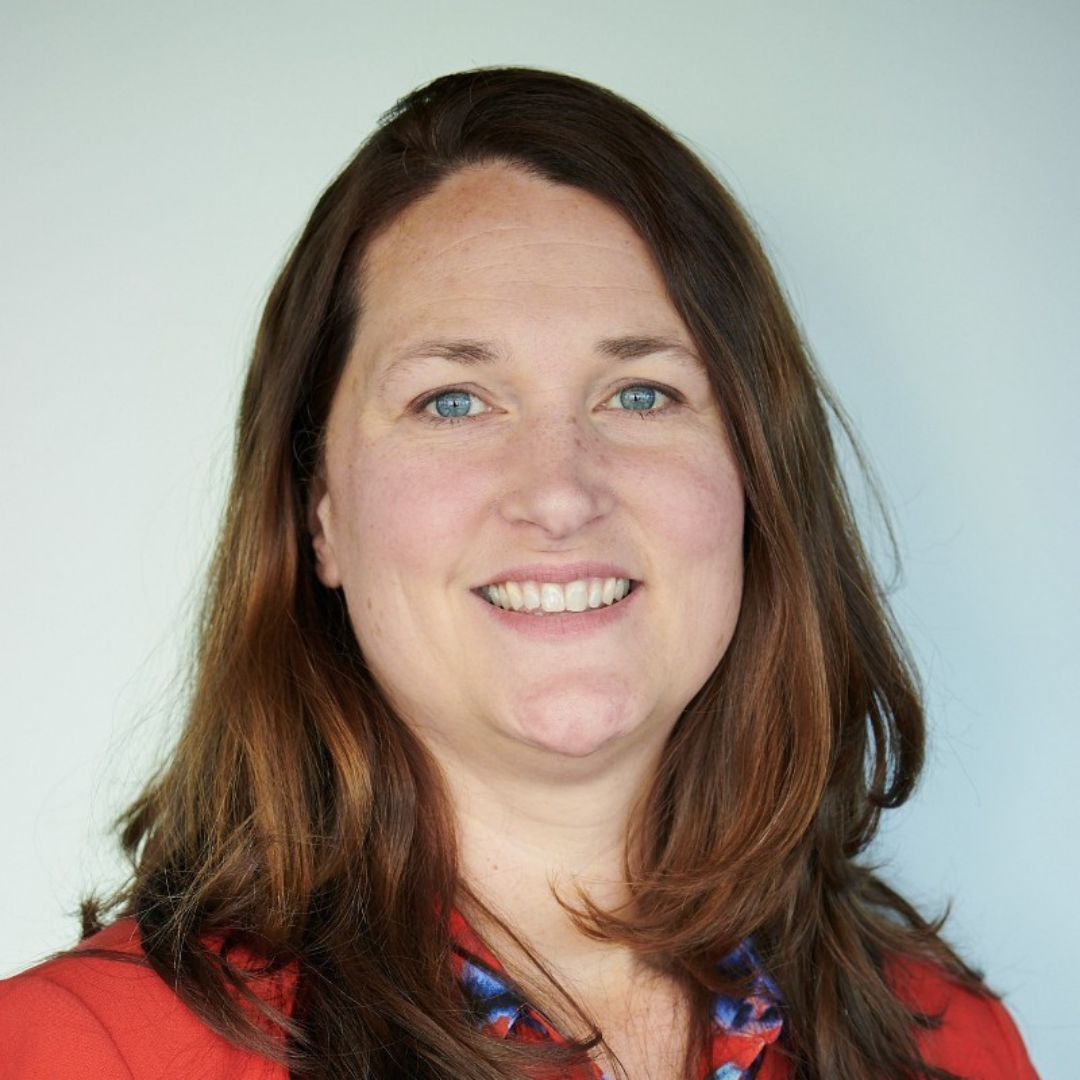
Ilsa Webeck, MBA, is director and founder of MedTech Strategies. She has nearly 25 years of strategy, marketing, and product development experience which she leverages to help clients address their tough questions. MedTech Strategies sits at the nexus of product development and commercialization, working with companies of all sizes to understand user needs, clarify product value proposition, and develop actionable strategies for growth. Her past roles include strategic planning, product management, and early product development at HeartWare, Biogen, Johnson & Johnson’s DePuy Spine, and Health Advances. Webeck holds both an MBA from the Tuck School of Business and a BA in biology from Dartmouth College. She is also on the board of directors of the Medical Development Group of Boston (MDG).
July 6, 2022
Health Equity for All
What is the importance of health equity in medicine? James Jacques Carter, MD, MPH, FACP, Beth Israel Deaconess Medical Center, discusses his work promoting health equity in prostate cancer screening and education. He is joined by Alicia Whittington, PhD, MPH, Football Players Health Study at Harvard University, to discuss their efforts as board members of the Augustus A. White III Institute for Healthcare Equity.
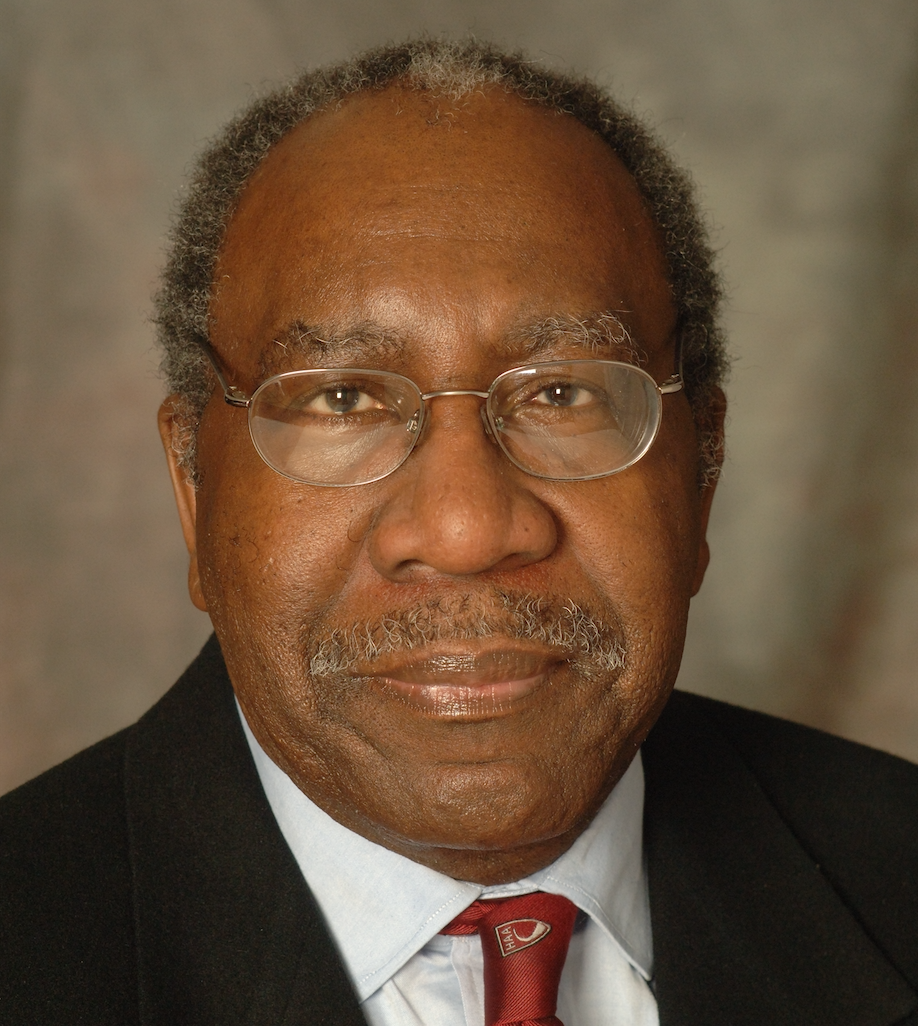
James Jacques Carter, MD, MPH, FACP, is an attending physician at Beth Israel Deaconess Medical Center (BIDMC), and is an assistant professor of medicine at Harvard Medical School (HMS). Previously, he served as medical director of the Prostate Cancer Screening and Education Program at Dana-Farber Cancer Institute. Carter regularly gives talks on medical and health-related issues to community groups and students throughout the greater Boston area. He also lectures nationally and internationally on medical and public health topics. He is the recipient of the 2010 Harvard Medical School/Harvard School of Dental Medicine Community Service Lifetime Achievement Award. He also received the 2020 Founders Alumni Award fromGeorgetown, the 2020 HAA Award from the Harvard Alumni Association, and the 2022 John Carroll Award from Georgetown. Carter has degrees from Howard University (psychology) and George Washington University (environmental health). He completed his residency training in internal medicine at BIDMC, and completed graduate work at the Harvard T.H. Chan School of Public Health, and a clinical fellowship in primary care medicine at Massachusetts General Hospital.
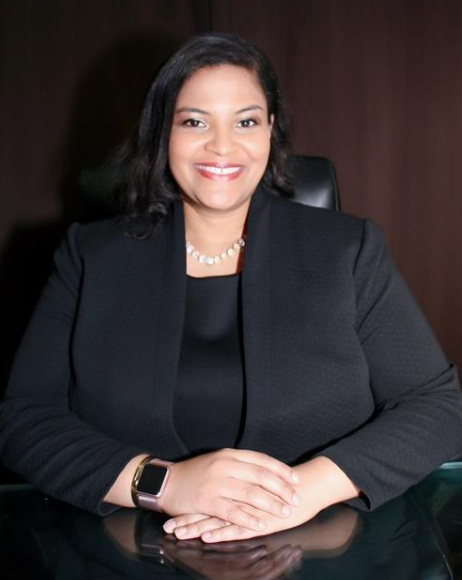
Alicia J. Whittington, PhD, MPH, is the assistant director of engagement and health equity research for the Football Players Health Study at Harvard University, a comprehensive research program dedicated to addressing the health and wellbeing of former National Football League (NFL) players. She is also co-lead of a new research initiative, Family Experiences Managing Football Lives, also known as FEM-FL. Whittington has several years of research experience, including her role as project director for a global research consortium, and was previously a healthcare consultant. She received a PhD in health systems management from Tulane University, where she focused on health disparities, health outcomes, and sports injuries. She completed her dissertation research on “Concussion Education and Perceptions of Injury Risk among High School Football Players.” Whittington additionally received her master of public health degree in chronic disease epidemiology from Yale University, and a bachelor of arts in public health from Wellesley College.
June 22, 2022
Addressing Inequalities in Gastrointestinal Healthcare
Working to address healthcare inequalities in minority and underserved populations, Adjoa Anyane-Yeboa, MD, MPH, Massachusetts General Hospital, discusses her research in gastrointestinal disorders to improve healthcare access for all.
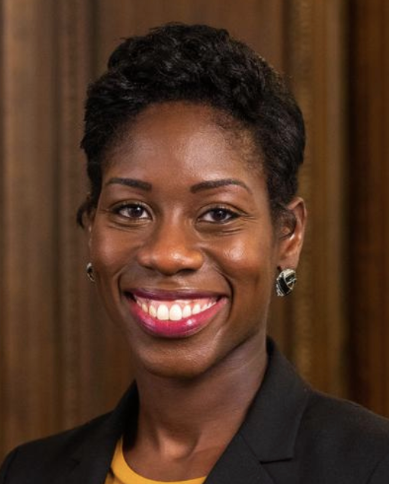
Adjoa Anyane-Yeboa, MD, MPH, is an instructor of medicine at Harvard Medical School and a gastroenterologist at Massachusetts General Hospital. She is passionate about health equity in gastrointestinal disorders, particularly colorectal cancer screening and IBD in minority communities. Her goal is to advance care, improve access, and eliminate disparities for vulnerable patient populations through health services research, advocacy, community partnerships, diversity retention and recruitment efforts, and policy. Anyane-Yeboa received her medical degree from the University of Cincinnati, completed her internal medicine residency and chief residency at the University of Illinois at Chicago, and completed her gastroenterology fellowship at the University of Chicago School of Medicine. She received her master’s in public health with a focus in health policy from the Harvard T.H. Chan School of Public Health. Additionally, Anyane-Yeboa is an alumnus of the Commonwealth Fund Fellowship in Minority Health Policy at Harvard University.
June 8, 2022
Merging Medicine & Informatics for Equitable Care
How is informatics supporting the present and future of healthcare? Andrew Marshall, MD, Brigham and Women’s Hospital, brings together emergency medicine and informatics to make healthcare safer and more equitable.
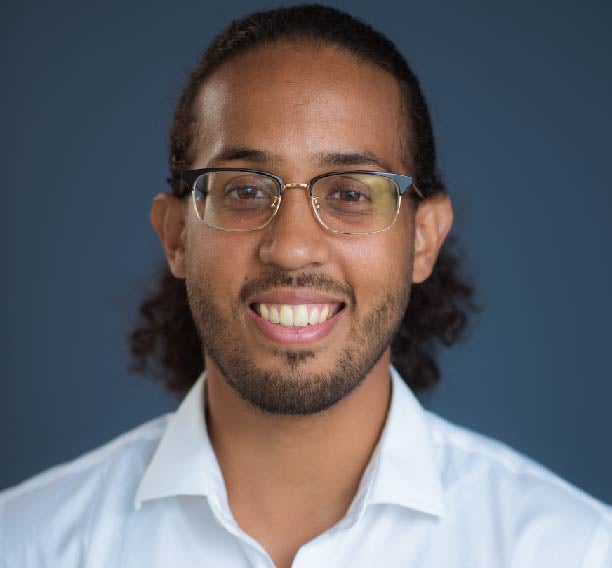
Andrew Marshall, MD, is an instructor of emergency medicine at Brigham and Women’s Hospital (BWH) and Harvard Medical School (HMS). He serves as the chair of social justice for the Office of Inclusion, Diversity, Equity, and Social Justice (IDEaS) at BWH. He is double board-certified in emergency medicine and clinical informatics. Marshall completed a clinical informatics fellowship at Beth-Israel Deaconess Medical Center and received his master of bioinformatics (MBI) from HMS. He is a graduate of Oakwood University and Meharry Medical College, and completed his residency training at the University of Chicago.

